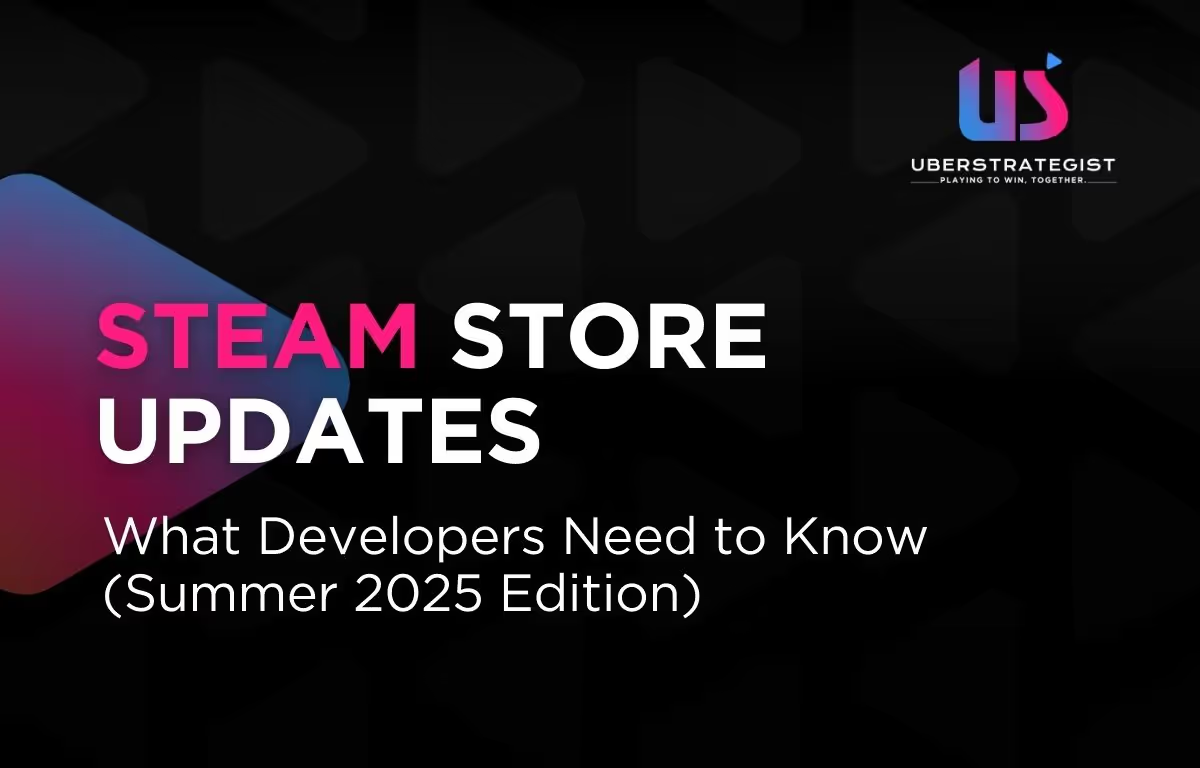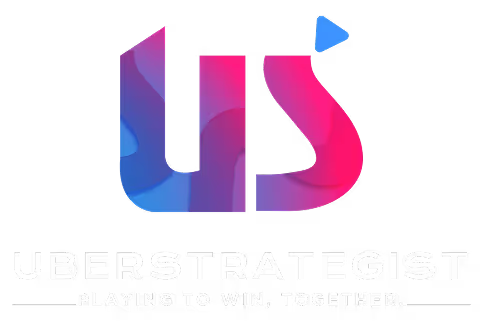To Block or Not to Block: The Community Management Conundrum
Posted in:
Video Game Marketing
Video Game Influencer Marketing
Content Marketing
"Why are they like this?" If you're a community manager, this question probably enters your head more times in a week than you'd like to admit. The reality is that there is no perfect community and so few examples of how to run and curate the ideal model audience. The other tough-to-face truth of community management is that there will always be trolls. So, what should you do about them? This article will cover the basics of social media community management and answer your burning question: to block or not to block.
Social Media Community Management 101
Community management refers to your ongoing efforts to build a community for your brand or business on a social channel. When a person follows your page, they raise their hand, saying, "I want to be part of your community!" But a list of followers who never interact is not a community. It's your job to build the community, and this comes through community management.
Community management starts with creating engaging content on your social pages. After all, there's nothing to manage if the community isn't interacting with you. You can get the ball rolling by creating a social media content calendar and employing strategies that promote engagement.
Once followers start engaging with your content, it's time for community management to step into full gear. There are four main areas of community management to consider:
- Engagement: Engaging with comments and keeping conversations alive.
- Moderating: Reviewing comments and deciding how to respond to (or when to remove) comments and people who may hurt your brand.
- Monitoring: Reviewing social sites for brand mentions (for example, by searching your business name).
- Tracking: Keeping tabs on engagement statistics, audience sentiment, and other community metrics.
Good community management requires a plan. You'll need to select someone to be the dedicated community manager who will handle these tasks. You'll also want to identify your brand voice, so your community manager knows the tone, style, and personality to respond to followers to give them an authentic brand experience. Plus, you'll need to create a community management schedule to have a regular and consistent presence on your social pages.
Community management can be a lot of work (which is why many brands hire someone to help!), but the results are worth the effort.
Community Manager Nightmare: Enter the Troll
So far, community management sounds pretty fun. What could be more rewarding than working as a community manager, interacting with people with similar interests and who love your brand too? Well, community management IS pretty great…until you encounter your first troll.
No matter what you do or how hard you work to exercise discipline as part of your community management style, you're going to run into that person (or group of people) who wants to watch your brand or product burn. Where have these people come from, and why do they have it out for your brand? You'll probably never get answers, and, in the end, there is only one question that must be answered: what to do with them?
Chances are you'll give these types of people more than a few chances, hoping they will see the light. Unfortunately, this very rarely happens. The nasty comments towards the brand or product, the toxic community interactions, the DMs from your loyal brand advocates about these troublesome trolls — at a certain point, it will all become too much to bear. The time will come when you must make an important choice: to block or not to block?
Here's a little secret that may not seem so obvious when you're in the trenches every day and trying to hang on to every community member for dear life: utilize that block button, baby! We give you permission, and you'll thank us for it later.
There's no troll toll to pay and no remorse to be had. The truth is that removing the trolls from your community is going to lift a huge load off your community management burden. It will also make your community a safer, more fun, and inclusive place where you don't need to worry about saving your reputation from getting dragged through the mud.
Remember how we said earlier that community management includes monitoring? That consists of the wise use of the block button.
Oh, But the Guilt!
But let's talk about guilt. It's real and particularly strong following your first block or ban. Harrowing thoughts may linger in your head after you block someone. You may be thinking:
- "Did I really need to block them?"
- "Maybe they weren't THAT bad."
- "What if they changed and became a customer/fan?"
- "My community is going to shrink!"
First, your thoughts and worries are valid. But that doesn't make them entirely rational for effective community management.
If you're building a community from the ground up and every follower counts, it's important to keep in mind that there will be weak links in the chain. Don't let this discourage you! It's normal, and you're doing great! Keep your community clean, uplifting, and friendly, and you've got a recipe for success.
One of the most frequently asked questions we get from indie teams working with small communities, and slow-growing audiences is whether they should be forcibly removing community members. The answer is simple: yes.
You can (and should) decide what policy you want to establish for bad behavior. Perhaps you want to be lenient and grant "strikes" to repeat offenders. Or maybe you'd like to enforce a no-nonsense management style. No matter what you decide, the main idea is the same. Community management requires establishing rules for conduct and sticking to your policies for blocking users who violate your rules.
A Community Management Reality Check
Here's a reality check that will help alleviate any guilt you may feel when you block a follower: they were never going to support you in the first place, and they were never going to buy your product! So, wipe your tears away and read that again if needed.
Once you understand this and genuinely believe it, you'll set yourself free from guilt and give yourself the pass to become a truly effective community manager.
Community management is a lot of fun, but it's not always easy or clear how to respond to each person and situation. Trust your gut, get your emotions in check, and keep that block button handy. You got this!
Need Help with Community Management?
Whether you need a second opinion on the tone and voice you should use on your social media channels or require assistance with community management support, UberStrategist can help. We offer many services, including consulting, copywriting, full social channel management, content creation, and community management. Check out our work here, then reach out to us at sales@uberstrategist.com. We're eager to hear from you!

.avif)








